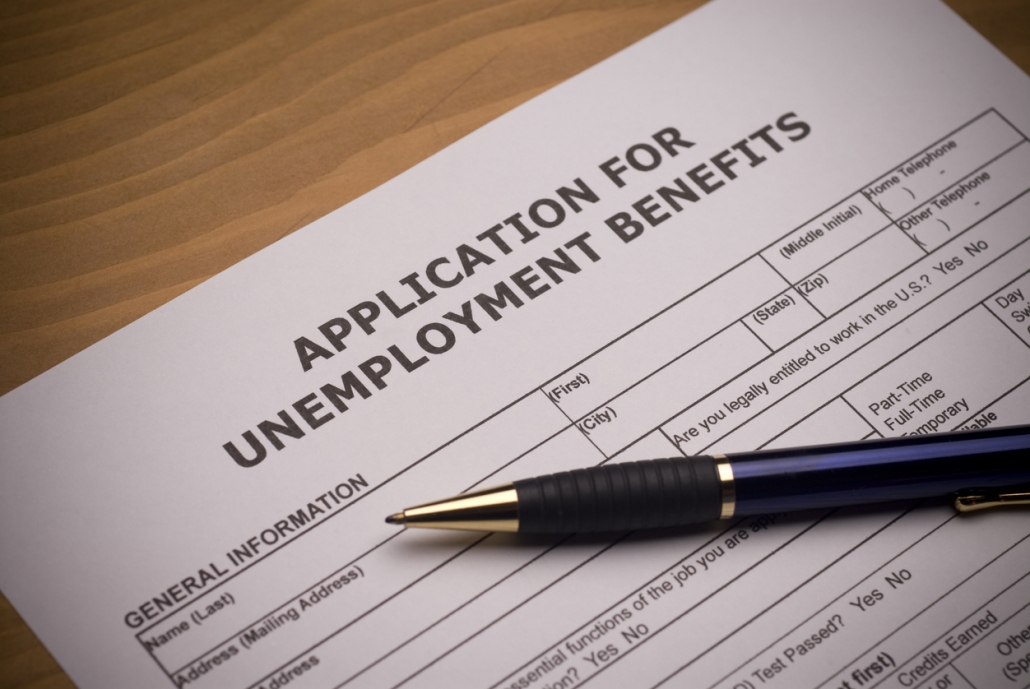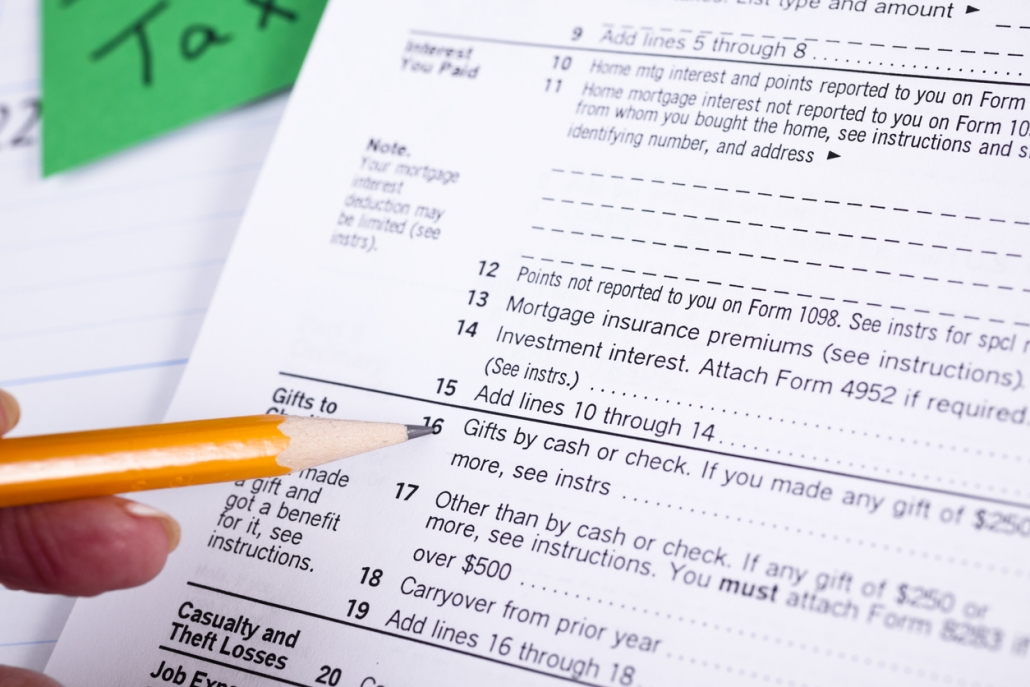Archive for May 2021
Top 7 Reasons You Need to Hire an Accountant
Many Americans take advantage of online tax platforms and do the heavy lifting themselves. But when your situation is a bit more complicated, you need a certified public accountant (CPA) Key takeaways Top 7 reasons to hire an accountant: You’re starting a business You need small business tax planning help You’re self-employed You need to…
Read MoreAre Unemployment Benefits Taxable?
If you were one of the millions of Americans who received unemployment, here’s what you need to know about taxes. Key takeaways: Unemployment benefits are taxable after the first $10,200 Some states don’t require an additional state income tax Use Form 1099-G, which you should receive from the IRS The COVID-19 pandemic led to record…
Read MoreWhen Should I Itemize Tax Deductions?
The standard deduction is the simplest way to do your taxes, but sometimes itemizing will save more money. Learn how to start calculating and which route to choose. Key takeaways: Itemizing deductions means you will list all eligible expense deductions on your tax return instead of claiming the standard. Most Americans claim the standard deduction…
Read MoreWhat Basic Documents Do I Need to Do My Taxes?
If you have several avenues of income or lots of opportunities for deductions, gathering the right tax forms and documents can seem overwhelming. Here are the basics to help guide you. Key takeaways Documents and records you’ll need for your taxes: Income tax forms (W-2, 1099s, etc.) Investment income and retirement information Tax forms for…
Read More



